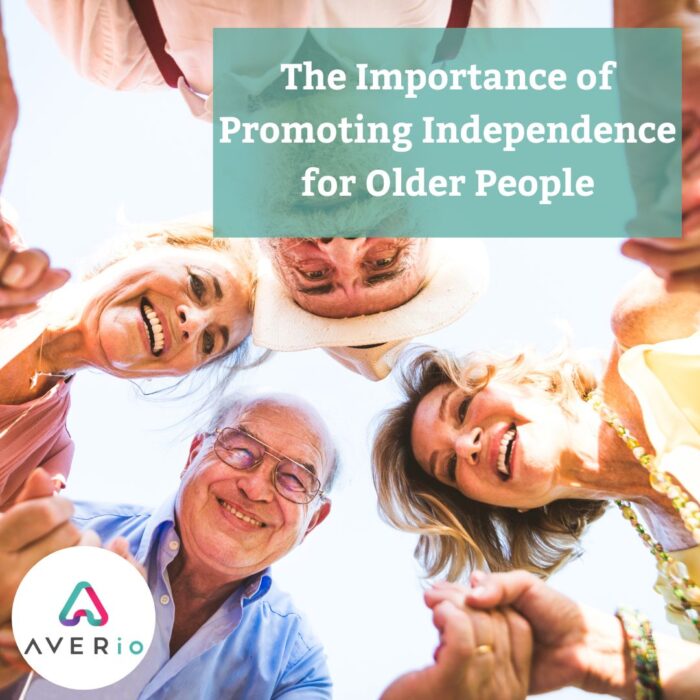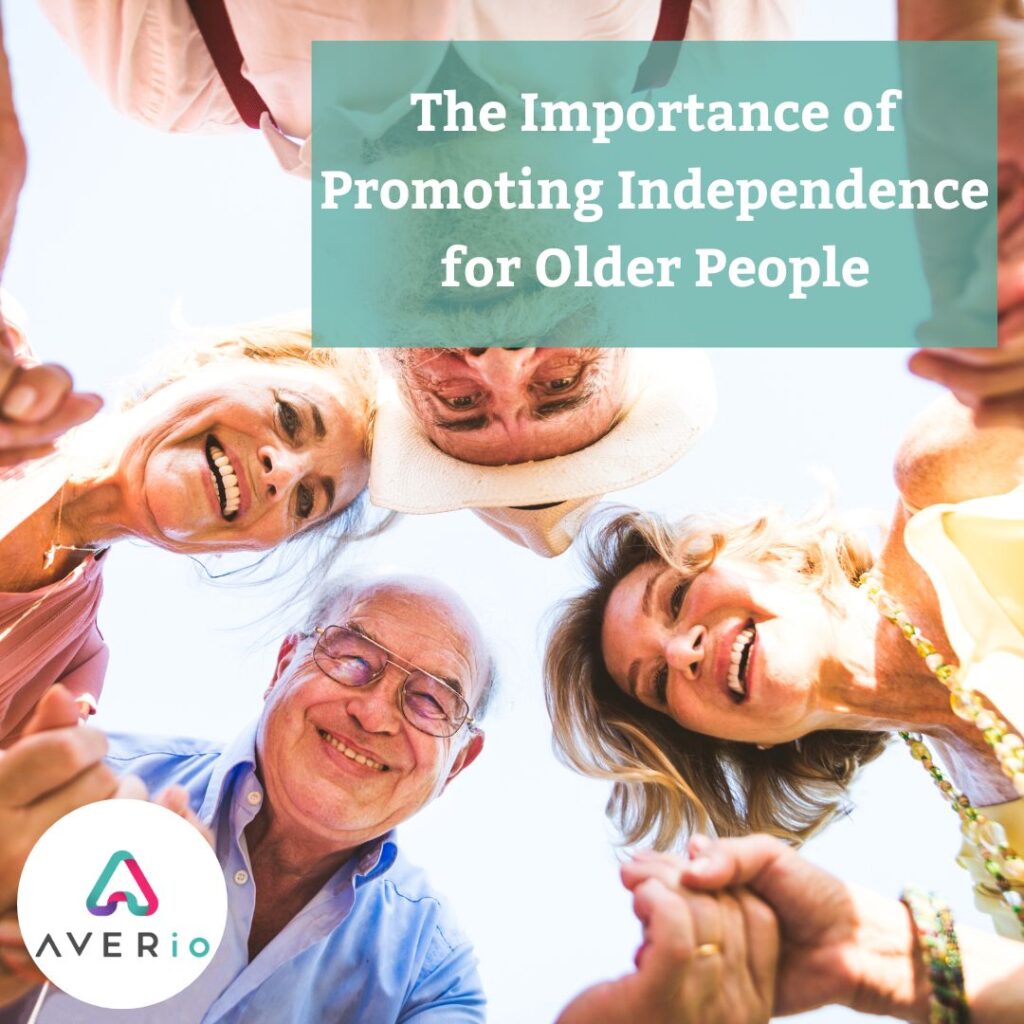
As the population ages, the National Health Service (NHS) and the social care sector have become more aware of the importance of promoting independence for older people. Encouraging older people to keep their autonomy and self-sufficiency improves their quality of life while also benefiting healthcare systems and society as a whole. This article examines the significance of promoting independence for older people within the NHS and social care frameworks, noting the numerous ways in which this goal is achieved and the benefits it brings.
Maintaining dignity and self-esteem
Maintaining independent helps older people maintain their dignity and pride. Healthcare providers and social care professionals respect service users’ autonomy and preferences by allowing them to carry out everyday activities and make their own decisions.
Enhancing Physical and Mental Well-Being
Independence promotes physical and mental well-being in elderly people. Staying active and engaged in daily tasks, hobbies, and social contacts promotes mobility, cognitive function, and emotional well-being. This, in turn, lowers the risk of chronic disease, despair, and social isolation, resulting in better overall health outcomes.
Reducing reliance on formal care services
Promoting independence decreases older people’s dependency on formal care services like residential care homes and home care help. By empowering individuals to care for themselves to the best of their abilities, healthcare systems may reduce resource demand and guarantee that support is available to those in greatest need.
Improving quality of life
Independence contributes to an improved quality of life for elderly people. The ability to live in their own homes, participate in meaningful activities, and retain social relationships promotes a sense of accomplishment and happiness. This fosters a positive attitude on life and enables seniors to age with dignity and grace.
Supporting Active Ageing
Promoting independence is consistent with the concept of active ageing, which emphasises the need of remaining physically, cognitively, and socially engaged as people get older. Healthcare providers and social care specialists help older people remain independent, allowing them to continue contributing to society and living satisfying lives.
Empowering Older People to Be Partners in Care
Empowering older adults to make educated decisions about their health and well-being places them as active participants in their care. Healthcare providers and social care professionals respect individuals autonomy and preferences by incorporating them in care planning and decision-making processes, which results in more person-centred and holistic care.
Promoting Social Inclusion and Community Engagement
Older adults benefit from independence as it allows them to participate in social and communal activities. Healthcare systems and social care organisations prevent social isolation and loneliness by encouraging people to be engaged in their communities, boosting mental and emotional well-being.
Supporting Ageing in Place
Promoting independence allows older people to age in place, living in their own homes and familiar surroundings for as long as feasible. This not only increases their sense of comfort and stability, but it also improves continuity of care and social relationships, resulting in improved health results.
Reducing Healthcare Costs
Encouraging independence in elderly adults can help to lower healthcare expenses connected with institutional care and medical interventions. Healthcare systems can save money while improving outcomes for older people by investing in preventive measures, self-management initiatives, and community-based support programmes.
Aligning with the NHS and social care priorities
Promoting independence for older persons, correlates with the strategic aims of the NHS and social care sector, such as encouraging healthy ageing, increasing access to community-based services, and improving care quality and efficiency.
Finally, increasing independence for older persons is an important goal within the NHS and social care framework. Healthcare practitioners and social care experts help older people live healthier, happier, and more fulfilled lives by empowering them to maintain their autonomy, dignity, and well-being. Adopting a person-centred approach that respects individual preferences and choices while providing adequate assistance and resources is critical to attaining this aim and ensuring that older people age with independence, dignity, and grace.
Related Articles

Empowering Next of Kin: Technology’s Role in the NHS and Social Care.
In the National Health Service (NHS) and social care sectors of the United Kingdom, next of kin play an important role in supporting their loved ones’ well-being and care needs. Historically, this responsibility has been fraught with issues such as

Promoting Independence for Older People
As the population ages, the National Health Service (NHS) and the social care sector have become more aware of the importance of promoting independence for older people. Encouraging older people to keep their autonomy and self-sufficiency improves their quality of
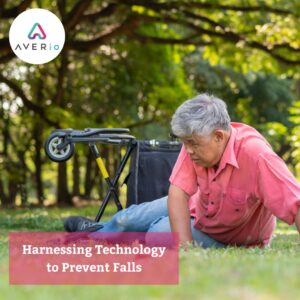
Harnessing Technology to Prevent Falls: Advances in the UK NHS and Social Care
Falls among the elderly are a big concern for the UK’s National Health Service (NHS) and social care sector. Falls can have significant repercussions, including injuries, hospitalisations, and a decline in overall health and independence. However, technological breakthroughs provide intriguing
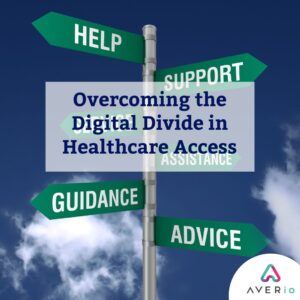
Overcoming the Digital Divide in Healthcare Access
The digital gap, defined as discrepancies in access to and use of digital technology, is a major topic in healthcare. Access to healthcare services and information in today’s digital era frequently relies on digital technologies and platforms. However, not everyone
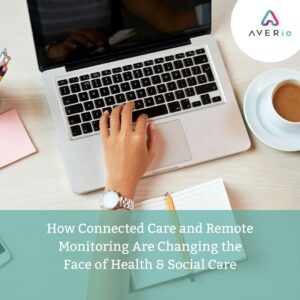
How Connected Care and Remote Monitoring Are Changing the Face of Healthcare
With the introduction of telemedicine and remote monitoring technology, the healthcare environment is undergoing a revolutionary transformation. These cutting-edge solutions are transforming healthcare delivery, making it more accessible, easy, and efficient. In this post, we will look at how connected

Ensuring Data Security and Privacy in Health Tech Solutions
The widespread adoption of health-tech solutions such as electronic health records (EHRs), telehealth platforms, and wearable gadgets has proclaimed a new era in healthcare. While these advancements have many advantages, they also pose serious issues about data security and individual

